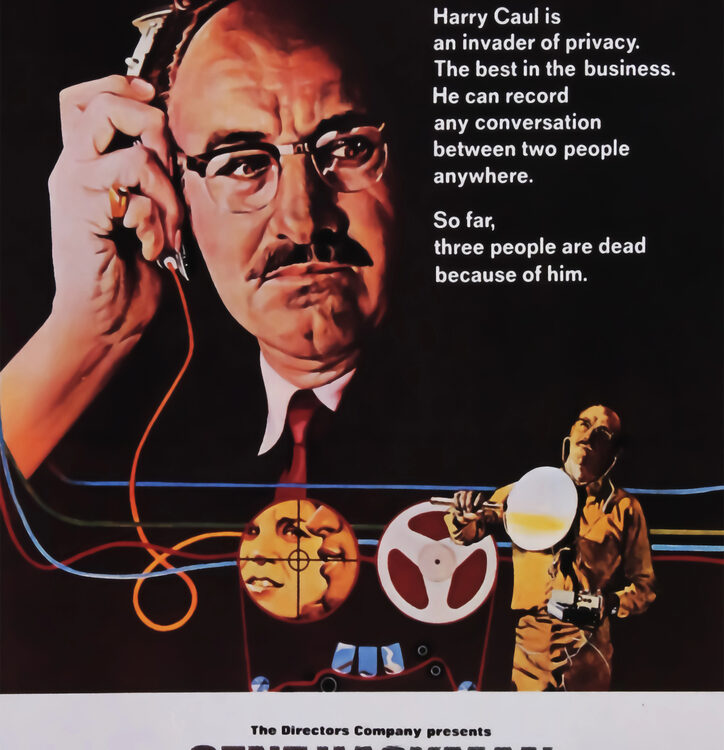
MacKenzie Scott’s $19 Billion in Charitable Giving Transforms Nonprofits
March 14, 2025
New Lawsuit Filed in Leonard Cohen Estate Battle
March 27, 2025The recent passing of legendary actor Gene Hackman and his wife, Betsy Arakawa, has sparked significant discussion for multiple reasons, including their estate. Unfortunately, their deaths, coupled with the details of their estate plans, provide a compelling case study on the importance of thorough and up-to-date estate planning.
Gene Hackman, an Academy Award-winning actor, amassed an estimated $80 million fortune over his illustrious career. His estate plan, last updated in 2005, named his wife, Betsy Arakawa, as the sole beneficiary and personal representative. However, complications arose when Betsy passed away one week before Gene, leading to questions about the ultimate distribution of their assets.
Hackman and Arakawa had Pour-Over Wills, a common estate planning tool that transfers assets into a living Trust upon death. In this case, Betsy’s assets were directed into the Gene Hackman Living Trust upon her death. But, when Gene passed away shortly after, the Trust became the focal point of the estate distribution.
Surprisingly, the beneficiaries of the Trust remain undisclosed, leaving uncertainty about who will ultimately inherit Hackman’s fortune. This lack of information has led to speculation and potential legal challenges from Hackman’s three adult children from his previous marriage.
The situation is further complicated by the fact that Hackman’s children were not named as direct beneficiaries in his Will. While they are acknowledged as heirs, the Will’s provisions do not explicitly provide for them. This has led to speculation that they may contest the Will, especially given the significant assets at stake.
It is important to note that contesting a Will that was signed 20 years ago could be challenging. The age of the document and the circumstances surrounding its execution make it difficult to argue undue influence or lack of capacity. However, the children may still have grounds to challenge the Trust if they can prove suspicious circumstances or undue influence.
One of the key takeaways from this case is the importance of regularly updating estate plans. Hackman’s Will was last updated in 2005, and significant life events have occurred since then. Regular reviews and updates ensure that the estate plan reflects current wishes and circumstances, reducing the likelihood of disputes and legal challenges.
Another interesting aspect of this case is Betsy Arakawa’s Will, which stipulated that if both she and Gene died within 90 days of each other, her assets would go to charity. This provision highlights the importance of considering charitable giving in estate planning and ensuring that such provisions are clearly outlined to avoid any confusion.
It is crucial to work with experienced estate planning attorneys to ensure that your wishes are clearly documented and legally sound. Regular reviews and updates, consideration of all potential heirs, and clear provisions for charitable giving can help ensure a smooth transition of assets and minimize the risk of disputes.
At The Estate Planning & Legacy Law Center, we are committed to helping our clients navigate these complex issues and create comprehensive estate plans that reflect their wishes and protect their loved ones. If you have questions about your estate plan or need assistance with updates, contact us today!




